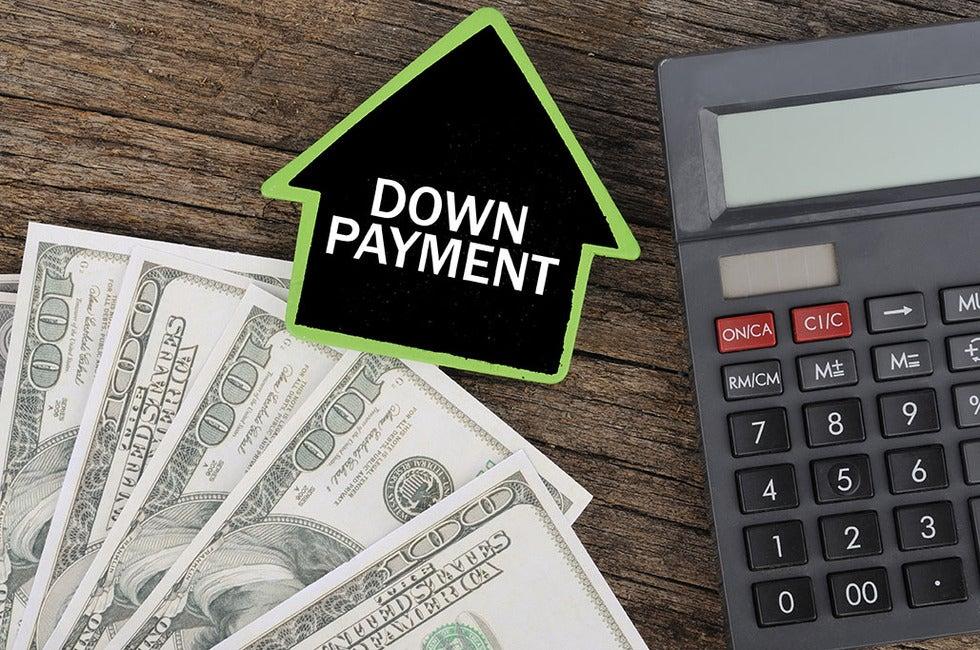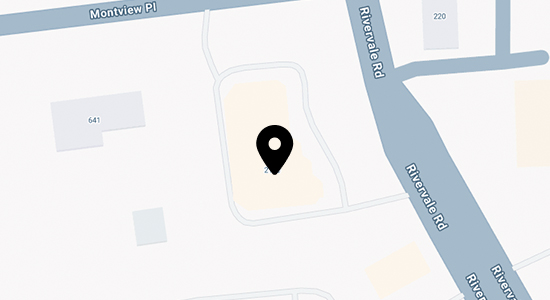- Contact Us Now: (201) 494-2800 Tap Here To Call Us
Navigating the Down Payment Dilemma: How Much Should You Invest in Your Home?

Embarking on the journey of homeownership is an exciting venture, but one of the key decisions prospective buyers face is determining the right down payment amount. The down payment plays a pivotal role in shaping the financial landscape of your home purchase. In this blog post, we’ll explore the factors to consider when deciding how much to put down and the implications it can have on your overall homeownership experience.
Understanding the Basics:
The down payment is the initial payment made when purchasing a home, representing a percentage of the property’s total value. Traditionally, 20% has been considered the standard, but in reality, there’s no one-size-fits-all answer. Buyers can put down anywhere from 3% to 20% or more, depending on their financial situation and goals.
Financial Health:
Assessing your financial health is paramount when determining the down payment amount. Consider your current savings, income stability, and existing debt. While a higher down payment reduces monthly mortgage payments, it’s crucial to strike a balance that allows you to maintain a healthy financial cushion for unexpected expenses.
Loan Options:
Various loan programs offer different down payment requirements. Government-backed loans, such as FHA or VA loans, often allow for lower down payments, making homeownership more accessible. However, it’s essential to weigh the benefits and drawbacks of each loan option to make an informed decision.
Private Mortgage Insurance (PMI):
When putting down less than 20%, many lenders require buyers to pay for Private Mortgage Insurance. Understanding the cost and impact of PMI on your monthly payments is crucial. Some buyers may opt for a larger down payment to avoid this additional expense.
Market Conditions:
Local real estate market conditions can influence the down payment decision. In competitive markets, a larger down payment may make your offer more appealing to sellers. Understanding the market dynamics can guide your decision-making process.
Long-Term Financial Goals:
Consider your long-term financial goals when deciding on a down payment. A larger down payment can lead to lower interest rates and long-term savings, but it’s essential to ensure that you’re not compromising other financial objectives.
Consulting with Financial Advisors:
Seeking advice from financial professionals, such as mortgage advisors or financial planners, can provide valuable insights. They can help you assess your overall financial picture, determine a suitable down payment amount, and explore financing options tailored to your needs.
Conclusion:
The ideal down payment is a personal decision that depends on various factors unique to each buyer’s situation. By carefully assessing financial health, mortgage options, and long-term goals, buyers can strike a balance that aligns with their priorities. Take the time to assess your financial situation, explore loan options, and consult with professionals to find the down payment that aligns with your unique circumstances and aspirations.
Call Joseph DiPiazza, Esq. or visit our website at www.jadlawfirm.com to schedule your consultation. Let us turn your real estate aspirations into reality!


